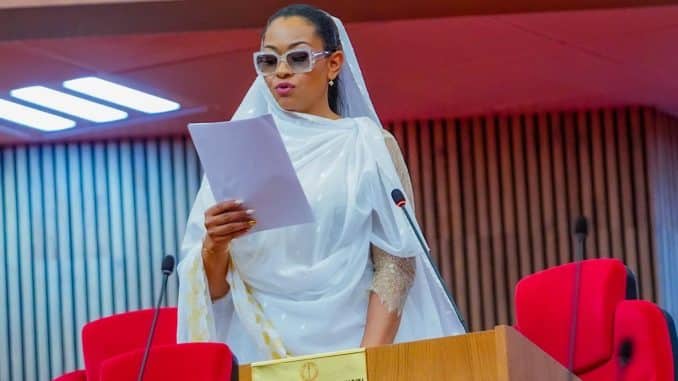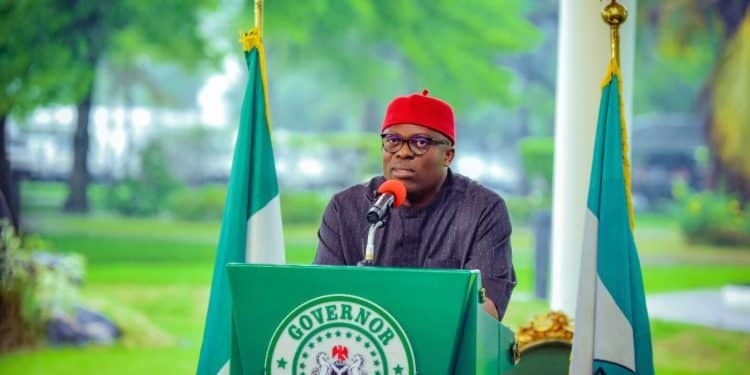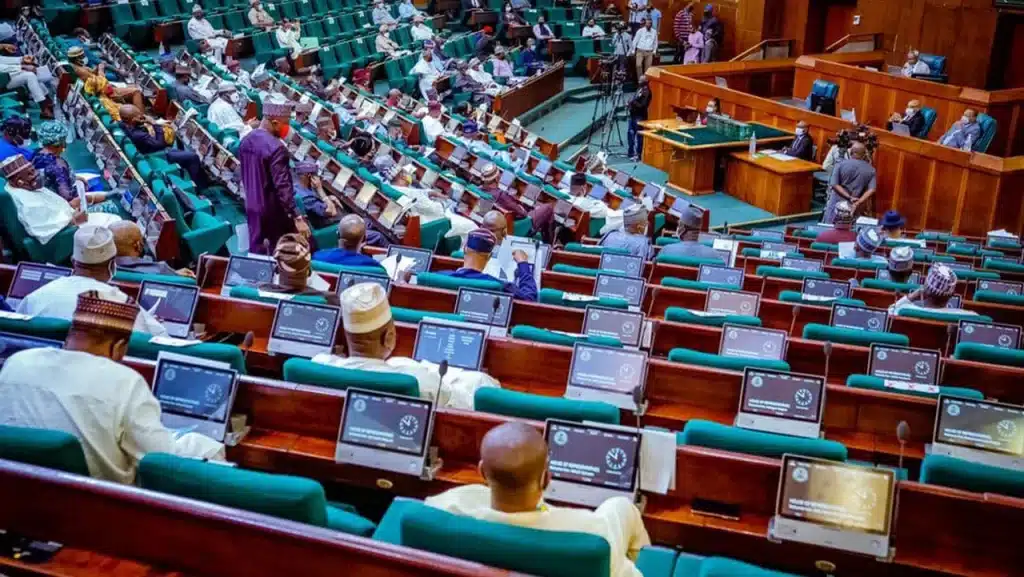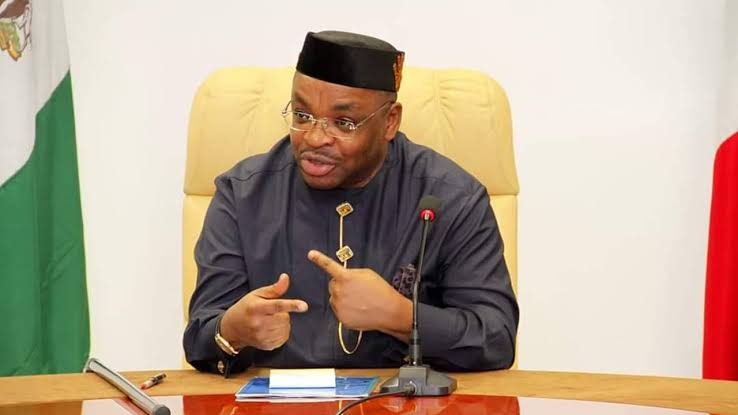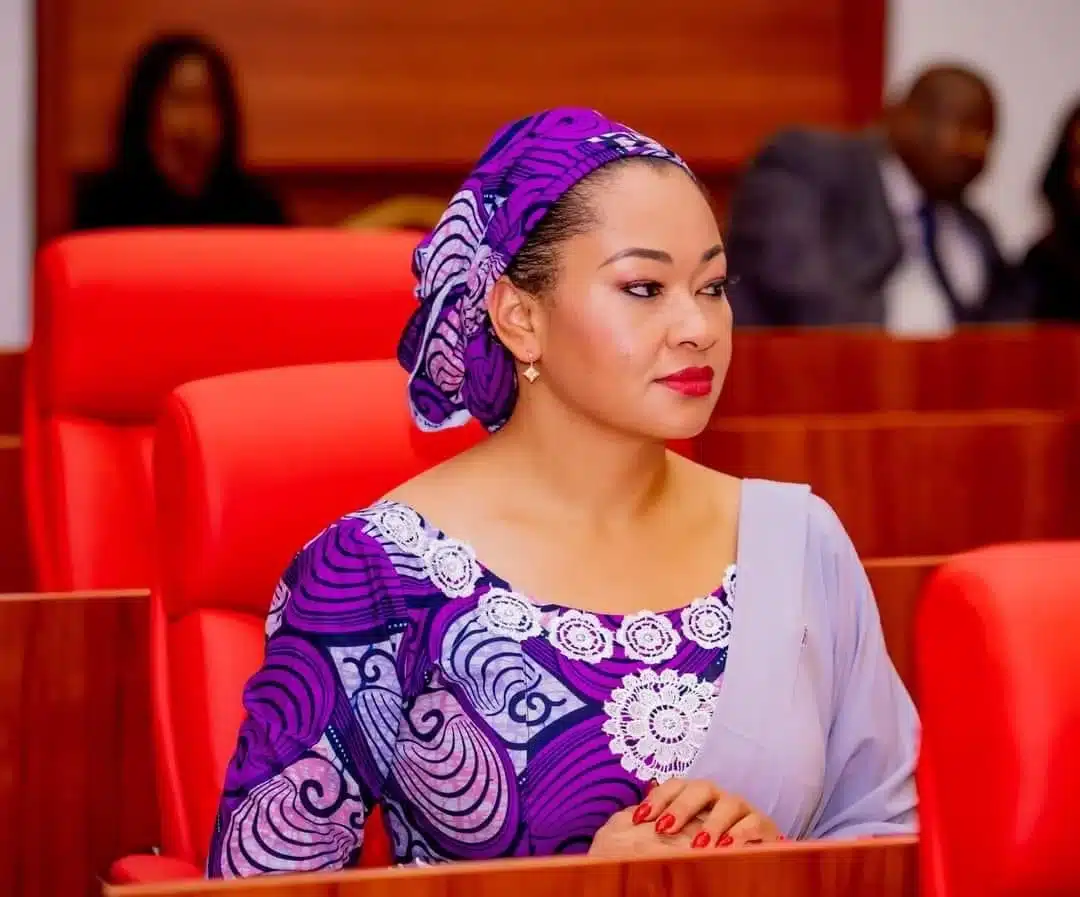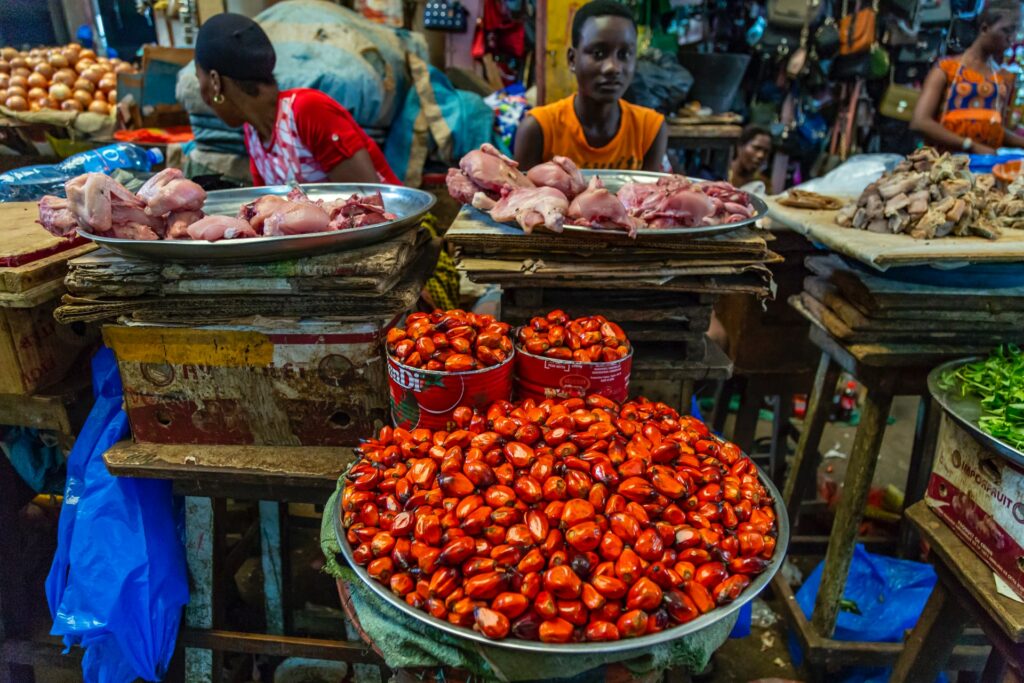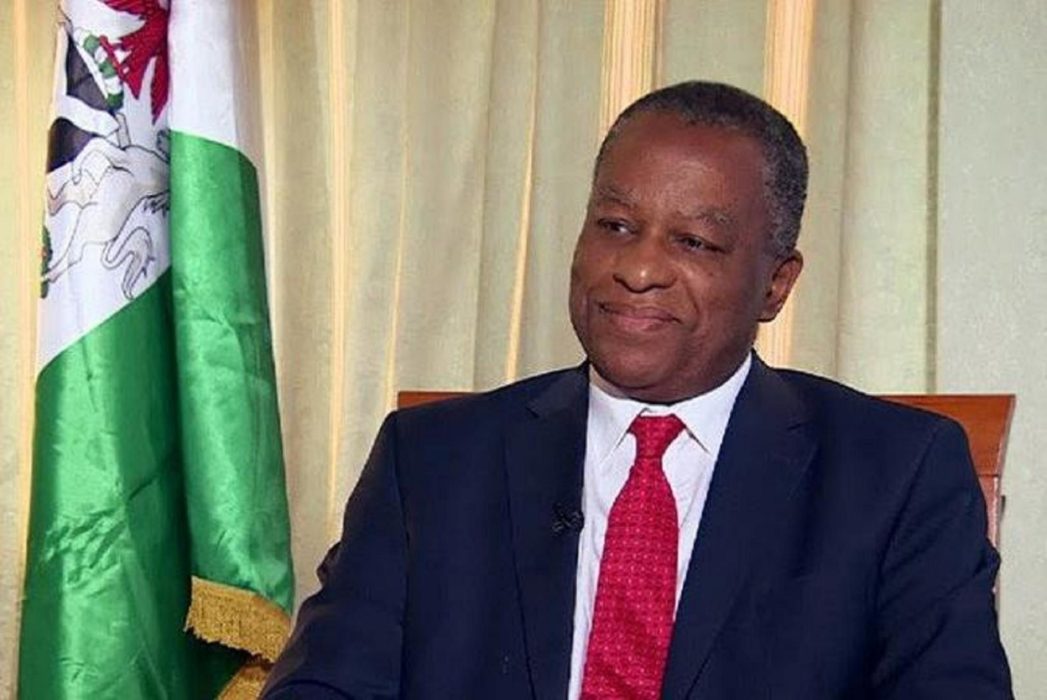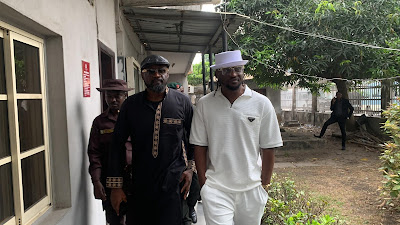The Group Executive Director, Dangote Group, Mr Edwin Devakumar, on Monday defended its pricing policy for cement and dismissed allegations of extortionate costing, especially by its competitors.
Devakumar, while fielding questions yesterday on ARISE NEWS Channels, said the company had been fair and just in pricing the commodity given cost variables.
He added that the company sells cement at a factory price of N2, 450 per bag, making the product cheaper in Nigeria than in Ghana and Zambia.
Devakumar said the company, in 2015, had reduced the price of its cement by 40 per cent, due to market forces.
He stated that when the price was reduced in 2015, some people alleged that Dangote Group was trying to eliminate competition.
He said: “For any commodity, prices may be different for different players. For any player, they have the liberty to fix any price. In December 2015, we dropped the price of cement by 40 per cent. We didn’t go around talking about dropping the price of cement. We went ahead and dropped it and at the end of the day, we were accused of dropping the price so drastically and trying to eliminate competition.
“So, ultimately, I had to defend it in the media and we began to roll back our price gradually.
“This was the reaction in the market then. Coming to our prices today, we are selling our cement at N2, 450 at the factory from Obajana, and Gboko is the same. The price at Ibeshe is about N2, 510, which is N60 more because the cost of production at Ibeshe is high; the limestone is high in moisture and the drying up process takes additional power and energy.
“If you take today’s parallel market price of N485 per tonne, the price comes to $110 a tonne, but the price of cement in Nigeria today, is relatively low, compared to Ghana and Zambia.”
According to him, despite the rise in the prices of key ingredients used in the construction sector, the company has kept its price firm.
He said: “The construction sector does not use only cement; the price of sand has moved from N3, 000 to N4, 500 which is a key ingredient in construction. The price of gravel has also gone up by 120 per cent from N1, 900 to 4,200 in the last 15 months and we have kept our prices firm. The price of tiles has gone up by 100 per cent; and 50 per cent.
“So, the prices of all these ingredients have gone up substantially whereas the price of cement, we are selling at the same price that we are selling in 2019; and we have not increased the price by one kobo. In naira terms, we have not changed the price in 15 months and in dollar term, the prices have gone down very substantially.”
Asked on the purported report that the organization exported cement to Ghana and sold at a cheaper price, he said it was the case a few years back.
Also in a separate interview Monday, Devakumar told journalists in Lagos that the price of a bag of cement from the company’s factories and plants across Nigeria as at yesterday was N2, 450 in Obajana and Gboko, and N2, 510 in Ibeshe inclusive of VAT.
He said the clarification was made in view of recent insinuations that the company was selling cement in Nigeria at higher prices relative to other countries, particularly Ghana and Zambia.
Devakumar stated that while a bag of cement sells for an equivalent of $5.1, including VAT in Nigeria, it sells for $7.2 in Ghana and $5.95 in Zambia ex-factory, inclusive of all taxes.
He said that though the company had direct control over its ex-factory prices, it could not control the retail price in the market.
He added that it is important to distinguish Dangote’s ex-factory prices from retailers’ prices.
He condemned what he described as intentional misinformation or demarketing, allegedly sponsored by some individuals, that Dangote sells its cement at higher prices in Nigeria relative to other African countries.
He described the allegation as false, misleading, and unfounded.
Presenting copies of invoices from Nigeria and some other African countries – Cameroun, Ghana, Sierra Leone, Zambia, Devakumar charged journalists to conduct independent investigations into the prices of cement across the West African coast.
He added that while Dangote cement has a 60 per cent share of the market, other companies have the remaining 40 per cent.
He said Dangote Cement had no control over the prices charged by other cement manufacturers or the prices charged by retailers.





